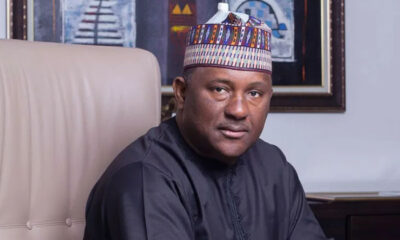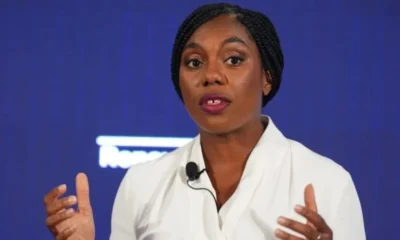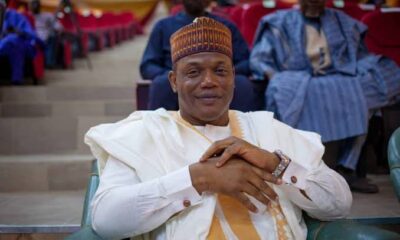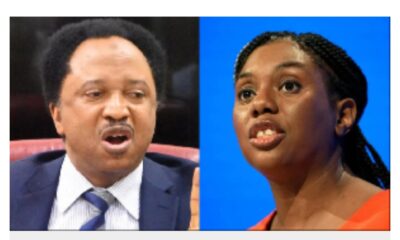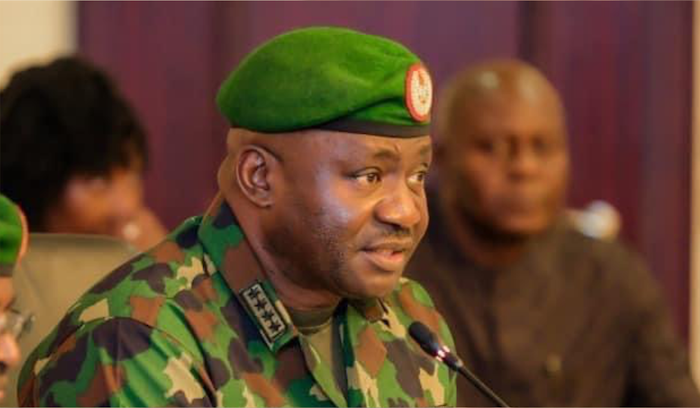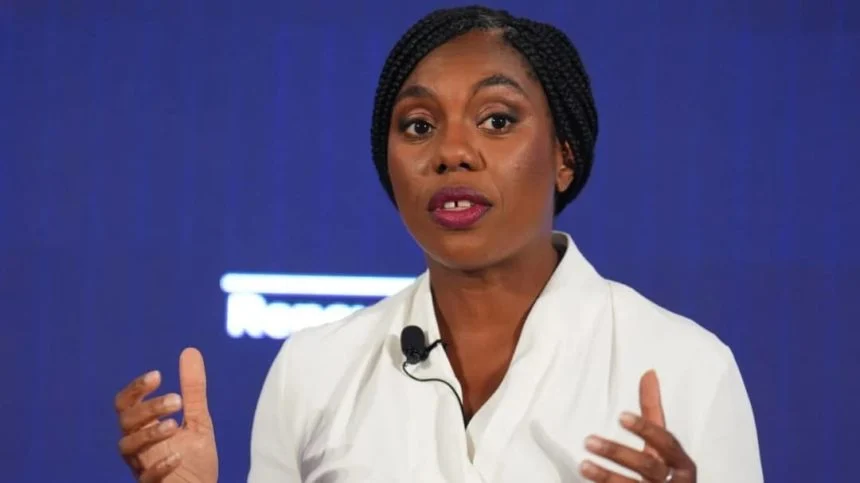Kemi Badenoch, the head of the United Kingdom’s Conservative Party, has stated that she is unable to pass on her Nigerian citizenship to her children because she is a woman.
Speaking on Sunday during an interview with CNN’s Fareed Zakaria, Badenoch attempted to highlight differences between the immigration systems of Nigeria and the United Kingdom.
She argued that Nigerians have an easier path to acquiring British citizenship compared to the difficulty foreigners face in becoming Nigerian citizens.
She said, “It’s virtually impossible, for example, to get Nigerian citizenship. I have that citizenship by virtue of my parents, I can’t give it to my children because I’m a woman.”
She added, “Yet loads of Nigerians come to the UK and stay for a relatively free period of time, acquire British citizenship. We need to stop being naive.”
Badenoch’s statement sparked widespread responses from Nigerians, many of whom questioned the accuracy of her comments.
Born in the UK to Yoruba Nigerian parents, Olukemi Adegoke was raised in Nigeria for much of her early years before returning to the UK at the age of 16.
Before relocating to the UK, she attended a private school in Lagos for her primary education, without needing a student visa due to her Nigerian citizenship.
A student visa (R7A) is typically issued to foreign nationals studying in Nigeria. Nigerian citizens are exempt from this requirement.
She later married Hamish Badenoch, a banker from Scotland, and took his surname, becoming known as Kemi Badenoch.
The couple has three children.
Verification
CableCheck reviewed Badenoch’s claims based on the provisions of the Nigerian Constitution.
Under section 25(1)(c) of the 1999 Constitution, a child born outside Nigeria qualifies as a Nigerian citizen if either parent holds Nigerian citizenship.
This indicates that having one Nigerian parent is enough for a child to be considered a Nigerian citizen by birth. Therefore, Badenoch’s children automatically qualify.
Being a citizen by birth in Nigeria means that a person is granted citizenship from birth, based on their parents’ or grandparents’ Nigerian citizenship, not just their place of birth.
Such citizenship confers all rights under the law, including free entry into Nigeria and protection under the Constitution.
Nigerian law also permits dual citizenship, with specific guidelines.
According to Section 28(1), a person born as a Nigerian citizen may hold citizenship of another country without losing Nigerian citizenship.
However, someone who becomes Nigerian by registration or naturalisation loses Nigerian citizenship if they also acquire or retain another nationality.
Importantly, the Constitution does not make any distinction based on gender when it comes to citizenship by birth.
Gender plays a role only in cases involving foreign spouses.
Section 26(2)(a) of the Constitution provides that “any woman who is or has been married to a citizen of Nigeria” can be granted Nigerian citizenship.
Men who marry Nigerian women are not automatically eligible for citizenship by registration and must instead apply through naturalisation, which has stricter requirements.
This would make it harder for Badenoch’s husband, who is Scottish, to gain Nigerian citizenship automatically. However, this limitation does not apply to their children, who have Nigerian ancestry through their mother and grandparents.
Ashleigh Plumptre: A Case Of Mixed Heritage And Citizenship
Ashleigh Plumptre, 27, is a British-Nigerian professional footballer.
She plays as a central defender for Al-Ittihad in the Saudi Premier League and for Nigeria’s women’s national team, the Super Falcons.
Her father, Tim Plumptre, is of Nigerian heritage and hails from Lagos, while her mother is English.
Prior to the 2022 Women’s Africa Cup of Nations (WAFCON), Plumptre chose to represent Nigeria, acknowledging her Nigerian roots over continuing her football career with England.
In a recent interview, Tim Plumptre said he made sure to instill cultural awareness in his daughter by encouraging her to connect with her Nigerian family, including her grandfather Harry Dotun Plumptre.
Ashleigh Plumptre is one of the 24 players representing Nigeria in the ongoing 2025 WAFCON.
Verdict
The claim by Badenoch that she is unable to pass her Nigerian citizenship to her children is incorrect. This would only be true if she had renounced her Nigerian citizenship.
Credit: The Cable

 BIG STORY5 days ago
BIG STORY5 days ago
 BIG STORY4 days ago
BIG STORY4 days ago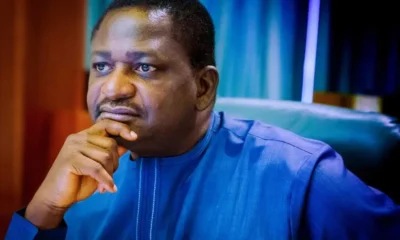
 BIG STORY4 days ago
BIG STORY4 days ago
 BIG STORY5 days ago
BIG STORY5 days ago
 BIG STORY4 days ago
BIG STORY4 days ago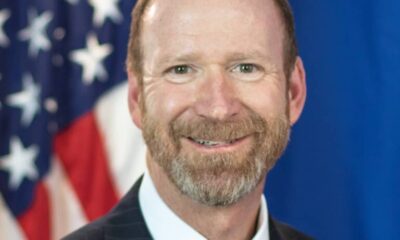
 BIG STORY4 days ago
BIG STORY4 days ago
 BIG STORY4 days ago
BIG STORY4 days ago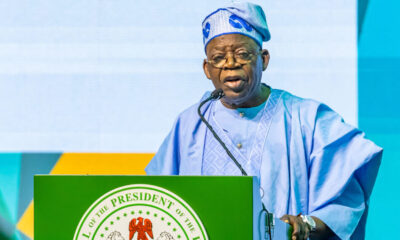
 BIG STORY18 hours ago
BIG STORY18 hours ago







